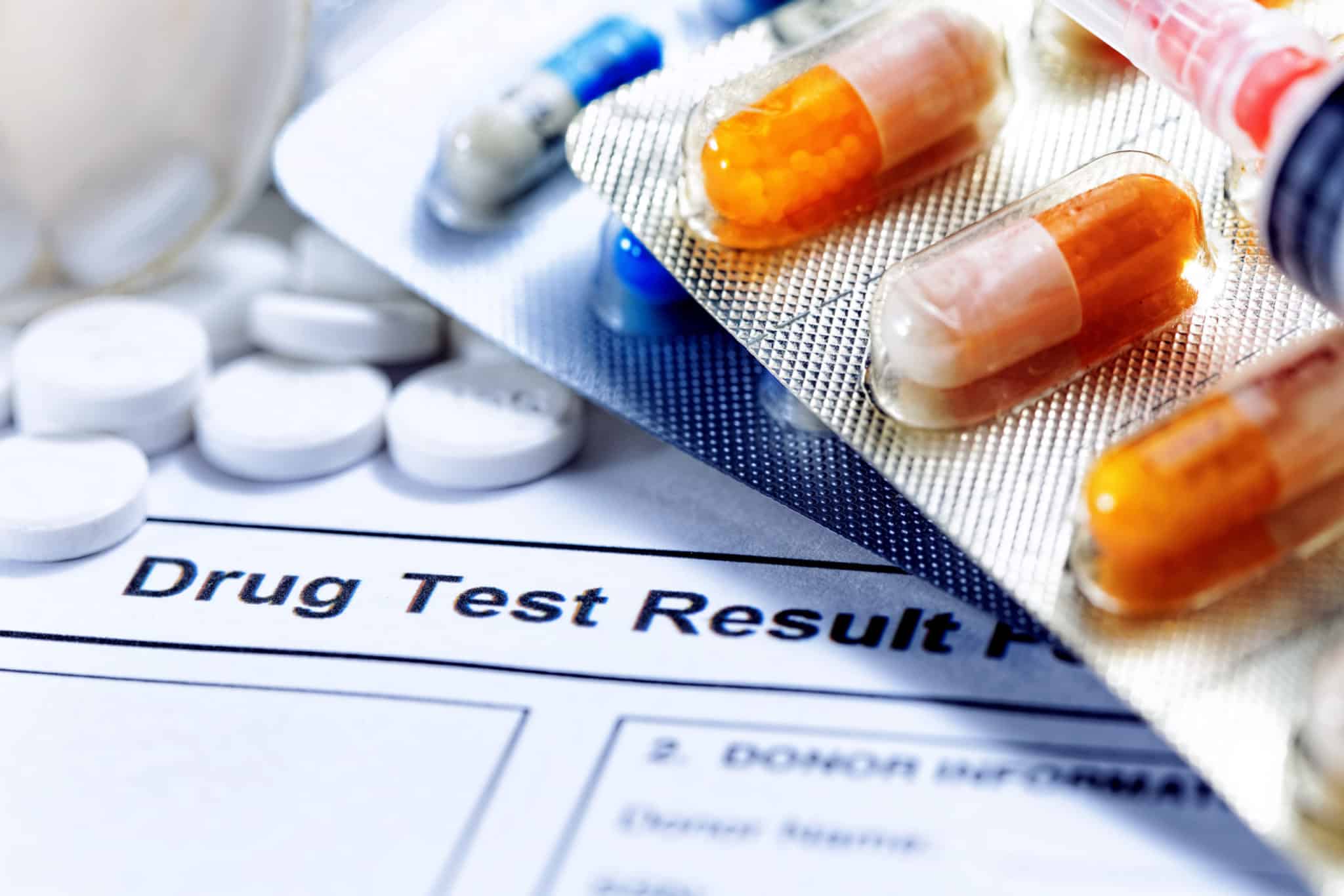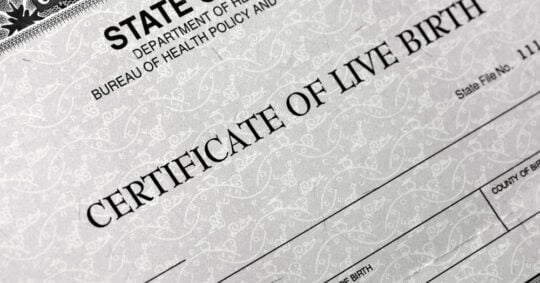Types of Drug Tests and Their Uses: Your Full Guide
Cindy Ellis - August 31, 2022

There are many different types of drug tests available today that help to identify all manner of drugs in an individual’s system. It is important to understand the difference between these test varieties and their usages if you want to know more about a test you are being asked to take or the drug testing policies of a potential company.
Our article will explain why you may be asked to take a drug test and give you a rundown of the different drug test types and their uses.
Why Might You Be Asked to Take a Drug Test?
You may be asked to take a drug test for several different reasons depending on your situation and your place of employment. Below, we list the most common reasons why you may be asked to take a drug test.
Pre-Employment
Pre-employment drug tests are fairly common and generally performed as a formality to ensure everything is in order before you are officially hired into a workplace. Before being onboarded into a company and signing paperwork, employers will inform you whether or not a drug test is needed and the procedures for obtaining one that meets company requirements.
This will generally be done in addition to any other background checks. To help prepare yourself for any possible negative findings, it’s a good idea to run a background check on yourself first. Similarly, you’ll want to be aware of what kind of drug testing your potential employer is going to conduct, and anything that can cause a negative result (including any foods, etc. that may trigger a false positive).
Annual Testing
Certain employers may require annual employee testing to ensure that each individual meets company standards. This is especially common if you work a high-stress job, in a company that performs technical work requiring all of your facilities, or in a government position. Randomized drug testing throughout the year may also fall into this category.
Reasonable Suspicion Testing
Occasionally, an individual may show up to work and exhibit signs of being unfit such as falling asleep on the job, constantly making mistakes, or smelling like alcohol or drugs. These are all factors that contribute to a reasonable suspicion drug testing request in which an employer asks an individual to take a drug test and rule out issues before taking further action.
A test may also be requested if the individual is acting normally but has a pattern of previous behavior consistent with drug or alcohol abuse.
Return-to-Duty Testing
After an accident on the job or when returning to work after a rehabilitation visit (medical, physical, or substance-issue related), an employer may request a return-to-duty (RTD) test to ensure the individual meets company standards before they start work again.
Types of Drug Tests and Their Uses
You may be asked to take a drug test by an employer or other outside organization to show that you are substance-free and qualified to receive certain services or work in certain companies. Below, we list the types of drug tests you may be asked to take and their uses.
Urine Tests
The urine test is one of the most common drug testing types and has a detection window of up to thirty days after a substance was last used. The urine test checks your provided urine sample for metabolites, a byproduct of your body breaking down substances, and antigen-antibody complexes, which occur as your immune system releases antibodies due to a substance entering your system.
Urine tests are used to detect alcohol, amphetamines, benzodiazepines, opiates, cocaine, and cannabis.
Blood Tests
Blood tests are more commonly performed during emergency situations when collecting a urine sample isn’t plausible, such as after a car accident where a DUI is suspected. They may also be popular for pre-employment checks and annual physicals.
Blood drug tests withdraw a small amount of blood into a vial and test for all recent alcohol or substance use that occurred within two to twelve hours prior to the blood sample being taken.
Hair Tests
Hair tests, also sometimes called follicle tests, collect a strand of your hair from your face, head, or armpit. It is most commonly used to detect an individual’s cumulative substance use, as hair from your scalp offers a detection window of up to three months, and hair from elsewhere on your body offers a detection window of up to twelve months. This is because drug metabolites remain in hair the longest, starting from around one week after substance use until the hair grows out completely.
Hair testing can be used to detect the use of cocaine, phencyclidine (also known as PCP), amphetamines, opioids, and MDMA. However, while hair tests are good for detecting continued substance use issues, it’s not the best for single or low-use drug testing.
Oral Fluid Tests
Oral fluid tests are also known as saliva tests and are very popular cost-effective drug tests. Saliva samples collected through oral fluid testing can detect substance use from several minutes to forty-eight hours before the collection occurs.
Oral fluid tests are used to detect cannabis, cocaine, amphetamines, MDMA, opiates, and phencyclidine (PCP).
Sweat Tests
A less common drug test, sweat tests involve placing an absorbent pad on your skin and leaving it there to absorb sweat anywhere for less than twenty-four hours or using a sweat patch on your skin anywhere between seven and fourteen days. It has a detection window similar to that obtained with hair testing and may be more affordable, though it does take longer to receive results.
Understanding Drug Testing
Drug testing may not be the most pleasant endeavor to participate in, but it is often a necessity for starting work at a new company or proving your qualifications for certain activities. There are many different types of drug tests out there, but the most common ones you will be asked to take are urine or hair testing, followed by blood testing in certain situations. In most cases, you will have nothing to worry about, and the drug test you undergo is just a minor hurdle to achieving employment or other opportunities.






